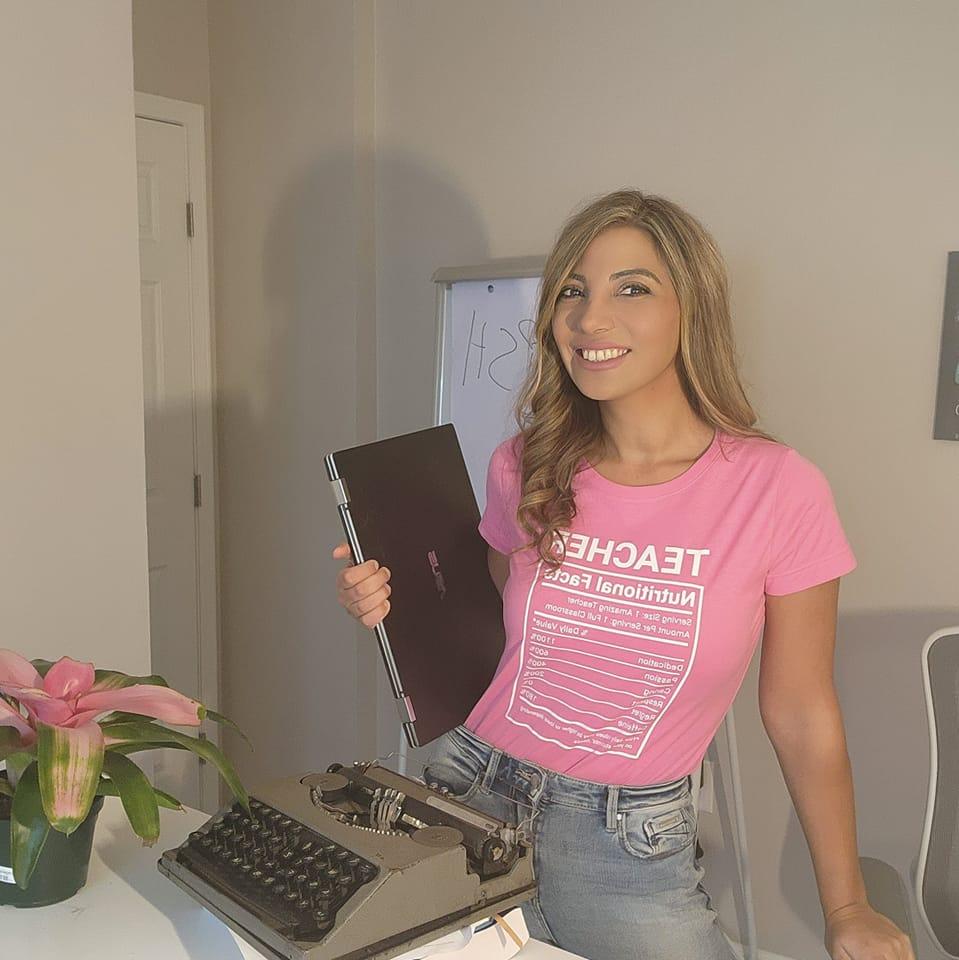A lot of people think a subject line should be one word or two that give a general idea about the "subject" that they're writing about; they don't put too much thought into it, and they write it after drafting the email. But actually the first thing you should start writing is the Subject Line. That space is there for a reason. It is one of the main components that make up a professional email.
To make sure your message is viewed and replied to, crafting a good subject line is key. 33% of email recipients decide whether or not to open an email based on subject line alone.
Summary:
To make sure your message is viewed and replied to, crafting a good subject line is key. 33% of email recipients decide whether or not to open an email based on subject line alone.
Summary:
A professional subject line is SSS, which I call The Triple S:
- Succinct
- Searchable
- Smart
What does the Triple S mean?
A good subject line should briefly tell the reader what the email is specifically about (Succinct*), should be easily found in the future (Searchable), and should make the recipient want to read it and take the action you hope for (Smart).
*The word succinct means "summarized and expressed briefly yet precisely, without wasted words."
*The word succinct means "summarized and expressed briefly yet precisely, without wasted words."
So, if your subject line is not succinct, searchable, or smart, a big percentage of recipients won't read your email, won't be able to retrieve it later, or will forget to reply to you.
And most importantly, if you have a blank subject line, which is the worst mistake you can make, your email will probably get lost or will get the recipient annoyed with you.
How To Write A Triple S Subject Line?
The Whole Lesson In 1 picture!
Let's Recap with This Example
It is Succinct
because it is brief; it is less than 10 words. So it is short but not too short. It summarizes the topic. Yet it is very precise since it is very very specific as you can see: we can know that the sender is requesting a meeting and the name of the person requesting the meeting, an what the meeting is about.
It is Searchable
because it includes relevant keywords that will help the recipient easily find the email later on and maybe even months after since all he needs to do is to scan for the keywords "Elise Keith," "Project Kickoff," and "Meeting Request" or simply type them in the search box. The reader will also be able to use this email in the future for reference.
It is Smart
because it is written in a grammatically correct way without spelling errors or excessive CAPS or over-punctuation. And it certainly isn't blank.
Now It's Your Turn.
Are you ready? Try to write an SSS subject line in your next email and see what difference it will make.
Like this blog? Check out similar blogs:
Want to test your level for free?
Take your placement test today
Want to improve your english with me?
Choose your goal
Spoken Business English
300$/course
IELTS Preparation
$20/course
Get 7+ on your IELTS

